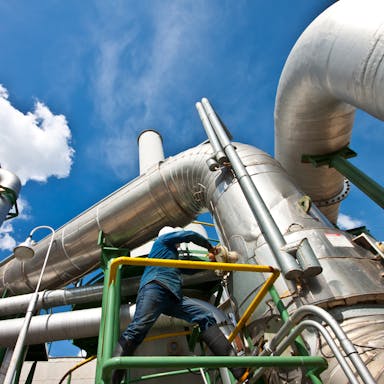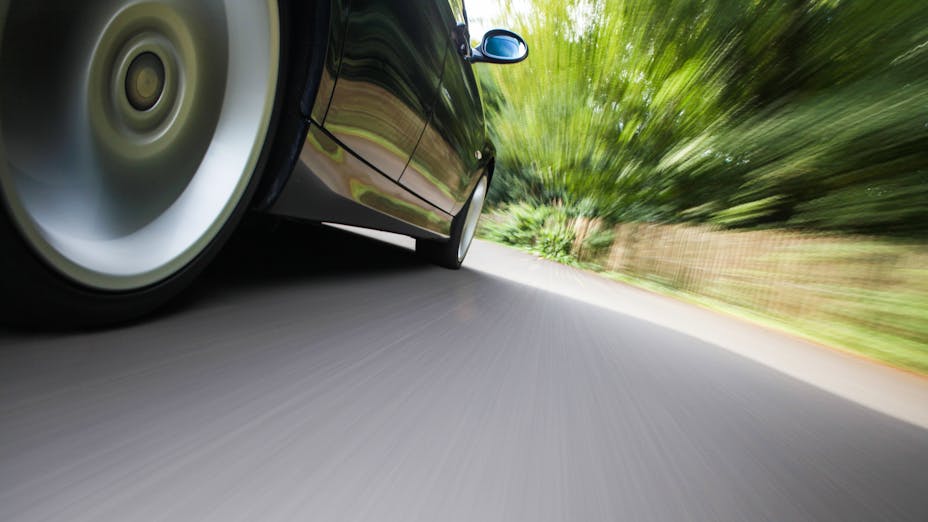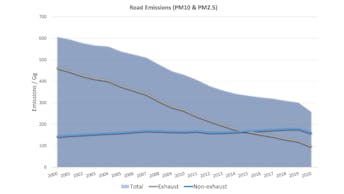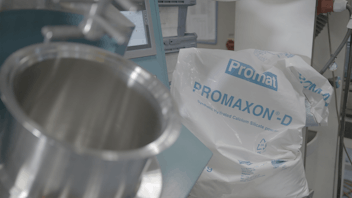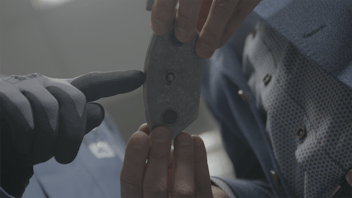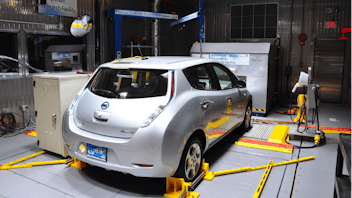Euro7
Euro 7 is the latest emissions standard proposed by the European Commission that will apply to all newly registered passenger cars in the EU from 1 July 2025
Whereas in the past, the standards focused on exhaust emissions, Euro 7 will also regulate non-exhaust emissions from passenger cars for the first time. Euro 7 aims to limit the amount of particulate matter (PM) emitted from brake pads and tires, which can have substances that can pose a potential risk to human health. According to the proposed regulation, the limit for particulate matter emitted from passenger car brake pads will be 7 mg/km. The regulation is also proposed to be applied to all commercial vehicles as well, starting from July 2027. Homologation of brake systems for Euro 7 are being proposed to be tested in done following a United Nation General Technical Regulation (UN GTR).
The details are still being finalized by the International Working Group on Particle Measurement Program, but the proposed method for light vehicles is based on a modified Worldwide harmonized Light vehicles Test Procedure (WLTP). In order to follow Euro 7, the friction industry will have to develop innovative technologies and materials to reduce PM emissions while safeguarding braking performance.
Increasing electrification of cars is leading to an increased focus on contribution of non-exhaust emission. Earlier regulations primarily focused on exhaust emissions, which had a significant impact. The data collected by EEA shows the drop in overall emissions in EU27 from the year 2000 till 2020. When the data is split up into exhaust and non-exhaust emissions, it becomes apparent that starting from 2015, non-exhaust emissions have overtaken exhaust emissions. This trend highlights the need for the reduction of these emissions.





